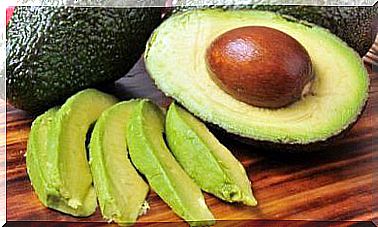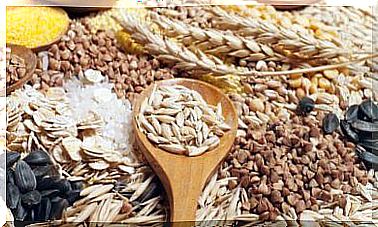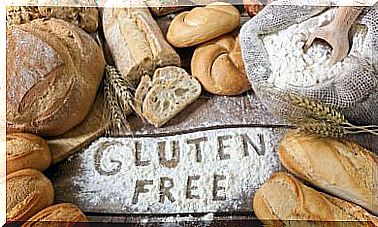Your Intestine Is Incorrectly Colonized By Bacteria: 10 Signs
The intestine is the largest part of our immune system. A healthy intestinal flora contributes significantly to a healthy general condition.
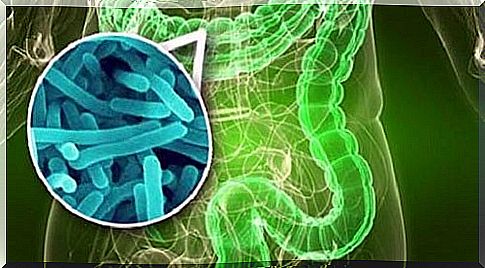
Digestive problems are not always caused by “eating the wrong thing” or by a gastrointestinal virus. There are other reasons why your digestion is unusually different. Your gut could be suffering from bacterial overgrowth.
But how do you know that?
Your gut: a microcosm
The gut is the largest part of our immune system. A healthy intestinal flora contributes significantly to a healthy general condition.
More than 10 to the power of 14 microorganisms “live” in the human intestine. That’s a one with 15 zeros in the back. Quite a lot!
Not every person has the same intestinal flora, everyone has their own, individual “gut whispering” or their own “intestinal flora fingerprint”, which is made up of around 800 to 1000 different bacteria.
Each type of intestinal bacterium specializes in a certain type of food: some people only “taste” fats, others only protein or sugar, for example.
Studies have shown that the intestinal flora does not have great stamina and reacts to changes in eating behavior within 24 hours.
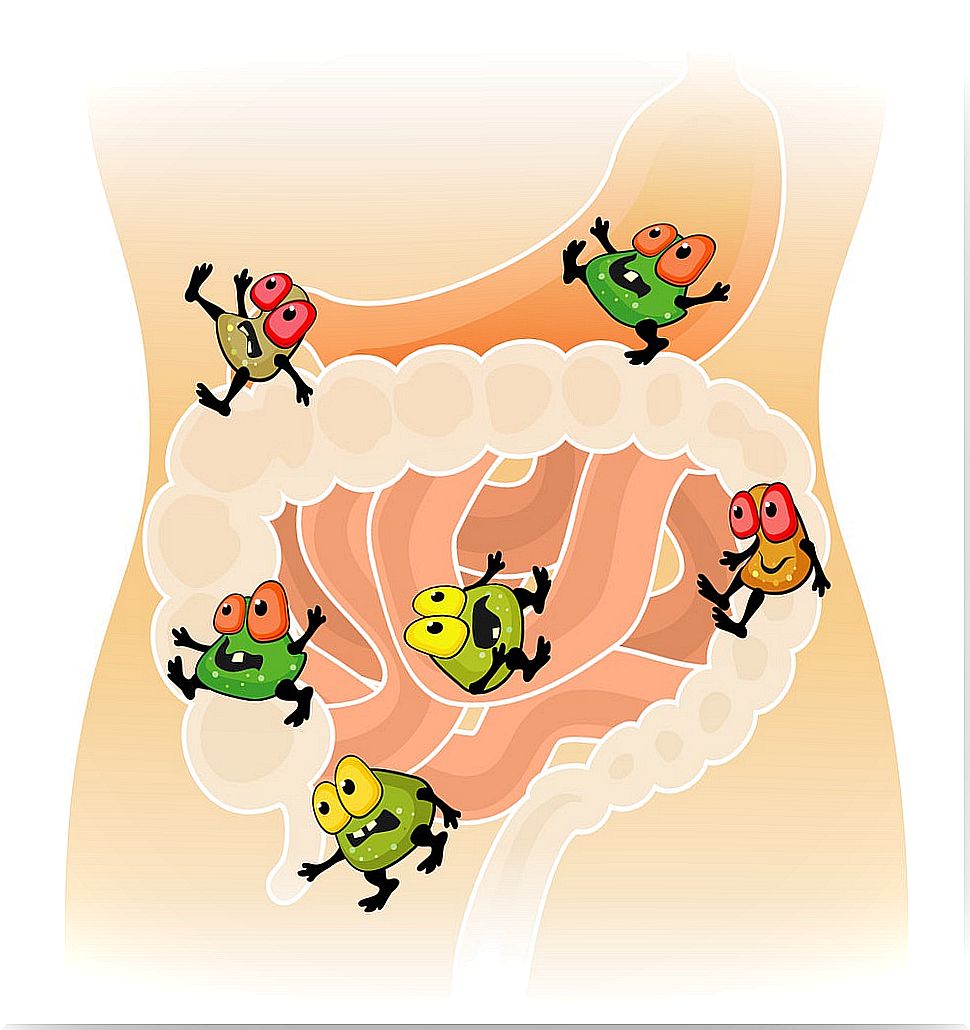
Your gut: bacterial overgrowth
The more you deal with your intestines and their functions, the clearer it becomes that you should disturb the natural “ecosystem” of our body in the intestine as little as possible.
Diet changes, stress, prebiotics or antibiotics change our intestinal flora in everyday life.
Sometimes this can also lead to a bacterial over-colonization, i.e. to a disturbance of the balance of the intestinal flora (dysbiosis).
The associated impaired digestion also disrupts the absorption of important food components (vitamins, carbohydrates, amino acids and minerals).
You should recognize and eliminate a dysbiosis as quickly as possible!
Your gut has the following symptoms
diarrhea
The diarrhea does not occur occasionally, but is chronic, i.e. regular. Due to the changed intestinal flora, digestion no longer works as it should.
Fat stool
Fat stool is an expression of poor digestion of the fats ingested through food.
The stool contains a high proportion of dietary fats, as these are only insufficiently absorbed due to the disturbed intestinal flora in the digestive tract.
The stool appears brightly colored, sticky, voluminous, foamy and shiny, with a particularly pungent odor. From a fat loss of ten grams (= about one tablespoon) daily through the bowel movement, according to the definition of fat stool.
Elevated diaphragm
An elevated diaphragm can occur on one or both sides. The diaphragm arches upwards towards the upper body.
Usually you don’t even notice it yourself. Often, the person concerned see the doctor because of the symptoms caused by the diaphragmatic bulge, such as shortness of breath or gas.
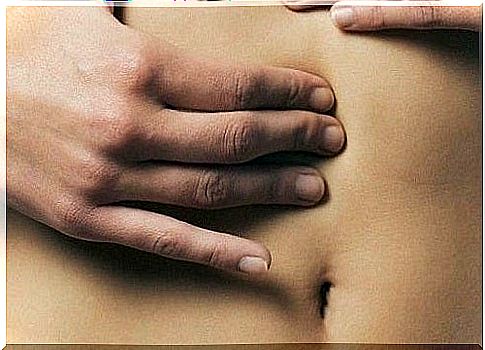
Feeling of fullness, belching
The feeling of fullness usually starts quite soon after the meal, regardless of whether the amount of the meal was filling or not. In this context, there is often an unpleasant belching.
Flatulence
Your stomach is constantly bloated, you suffer from your ” bloated stomach ” with all the consequences that arise from it.
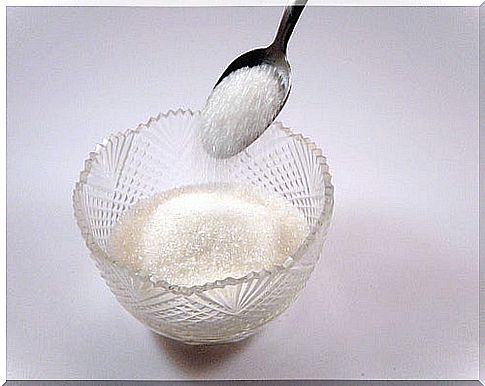
Disaccharide intolerance
Long word. Disaccharide intolerance describes a digestive disorder in which you can no longer tolerate double sugars.
Double sugars are found in many common foods, for example in milk. The lactose contained in it is a double sugar, which can then no longer be digested properly due to the incorrect colonization of your intestine.
A common double sugar is also our “household sugar”, which is made from beets or sugar cane.
If you experience digestive problems after consuming sweetened foods or milk, you may have disaccharide intolerance.

Feeling weak
You feel “hypoglycemic”, weakened, sometimes shaky and anything but fit.
There may be fluctuations in blood pressure, extreme tiredness, dizziness and more. Overall, you feel very “wobbly on your feet”. The body lacks important nutrients due to the disturbed digestion.
Incoordination
Coordination disorders are all situations in which you can no longer coordinate your movements properly.
With coordination disorders, jerky movements can occur, cramps and tension are also possible. Involuntary tremors are also a sign of this.
Increased susceptibility to infection
The intestinal immune system is weakened by bacterial overgrowth, making you more susceptible to infections and allergies.
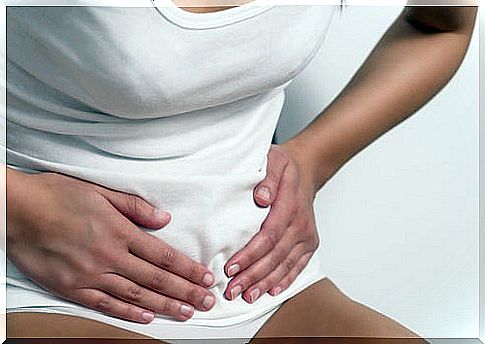
constipation
Depending on the type of bacteria that is “incorrectly” sealed in, diarrhea and constipation can occur. The intestinal flora is disturbed, digestion can no longer proceed normally and constipation can occur.
diagnosis
For a clear diagnosis, you must definitely see a doctor. He will make the diagnosis, including a stool sample. Maybe there is something completely different behind your complaints?


